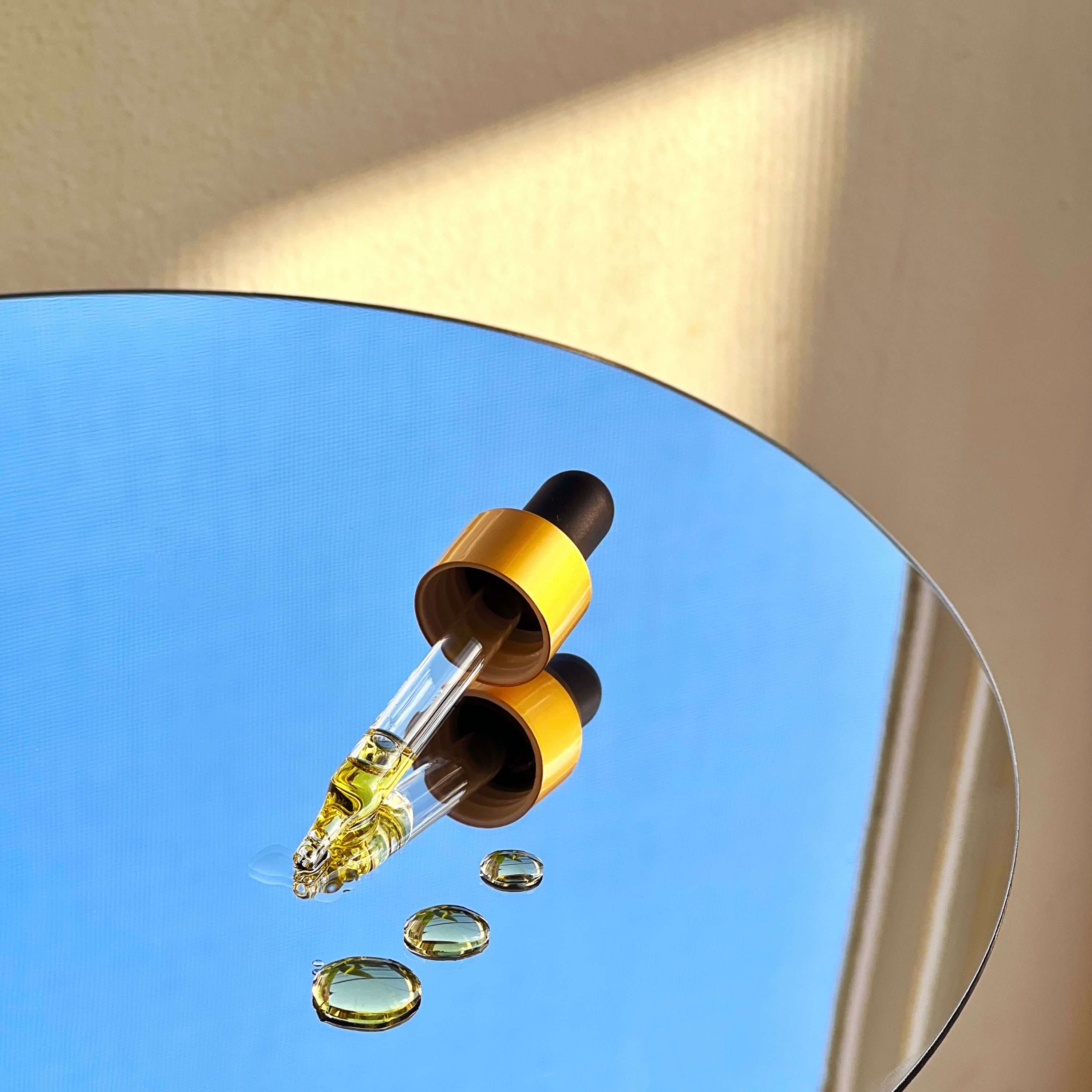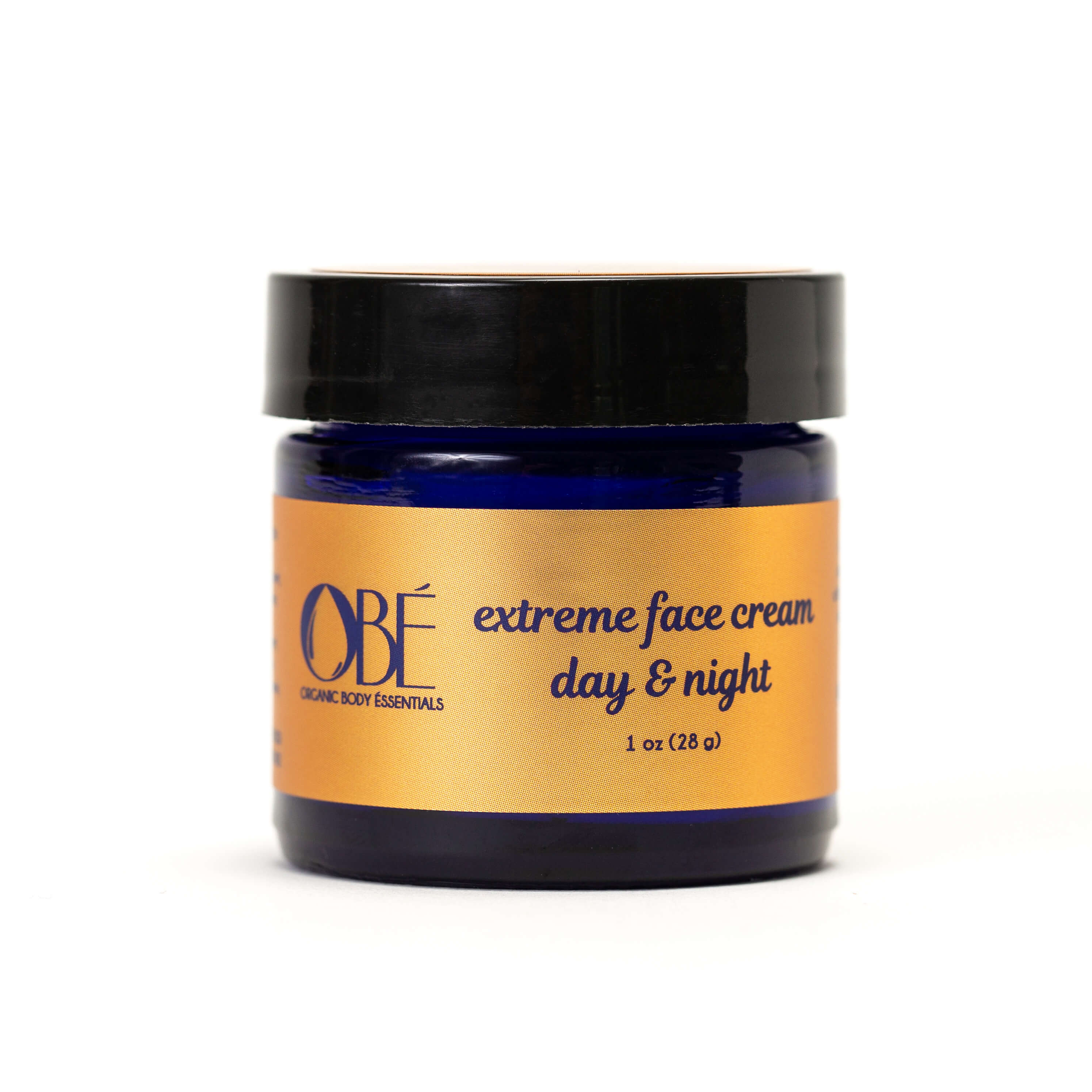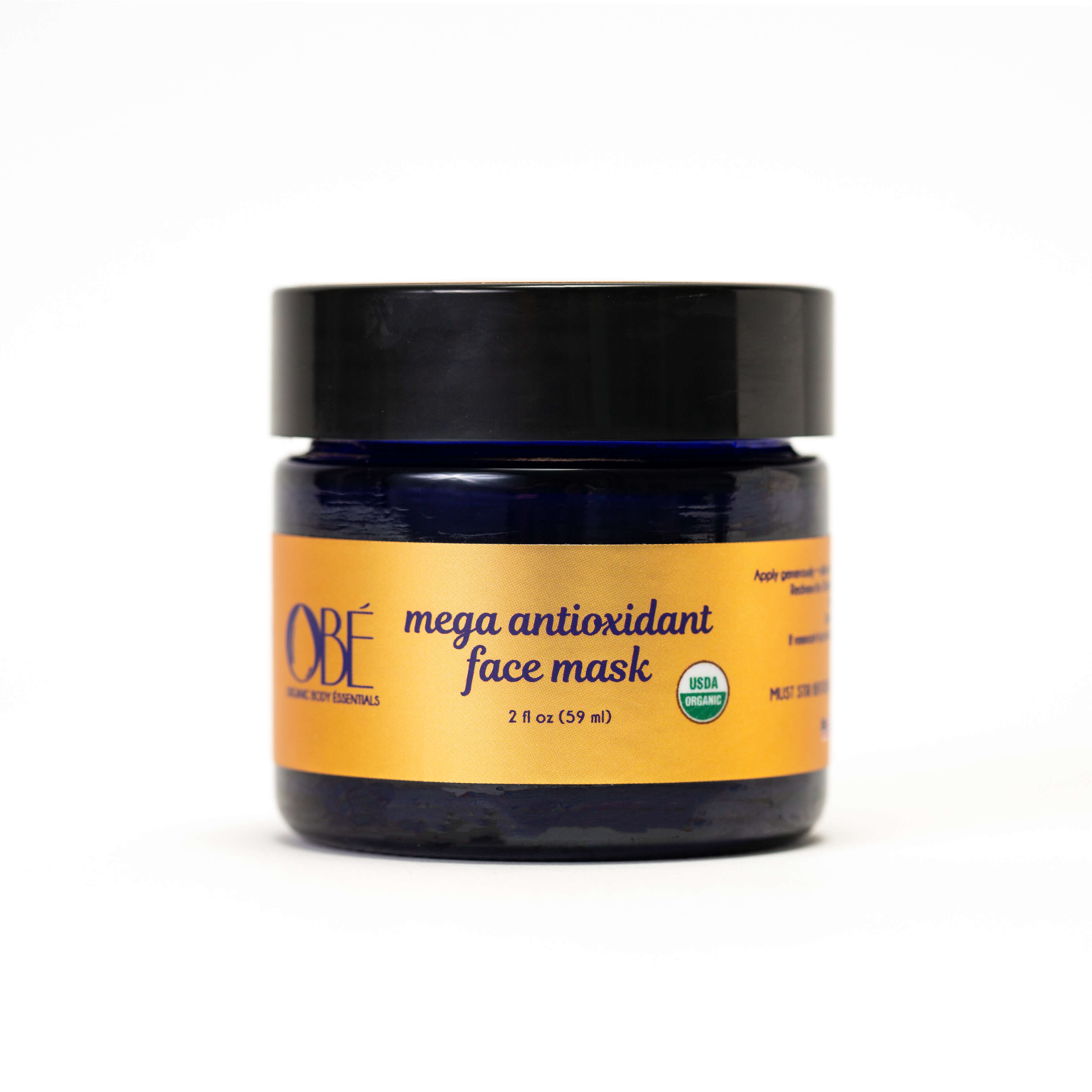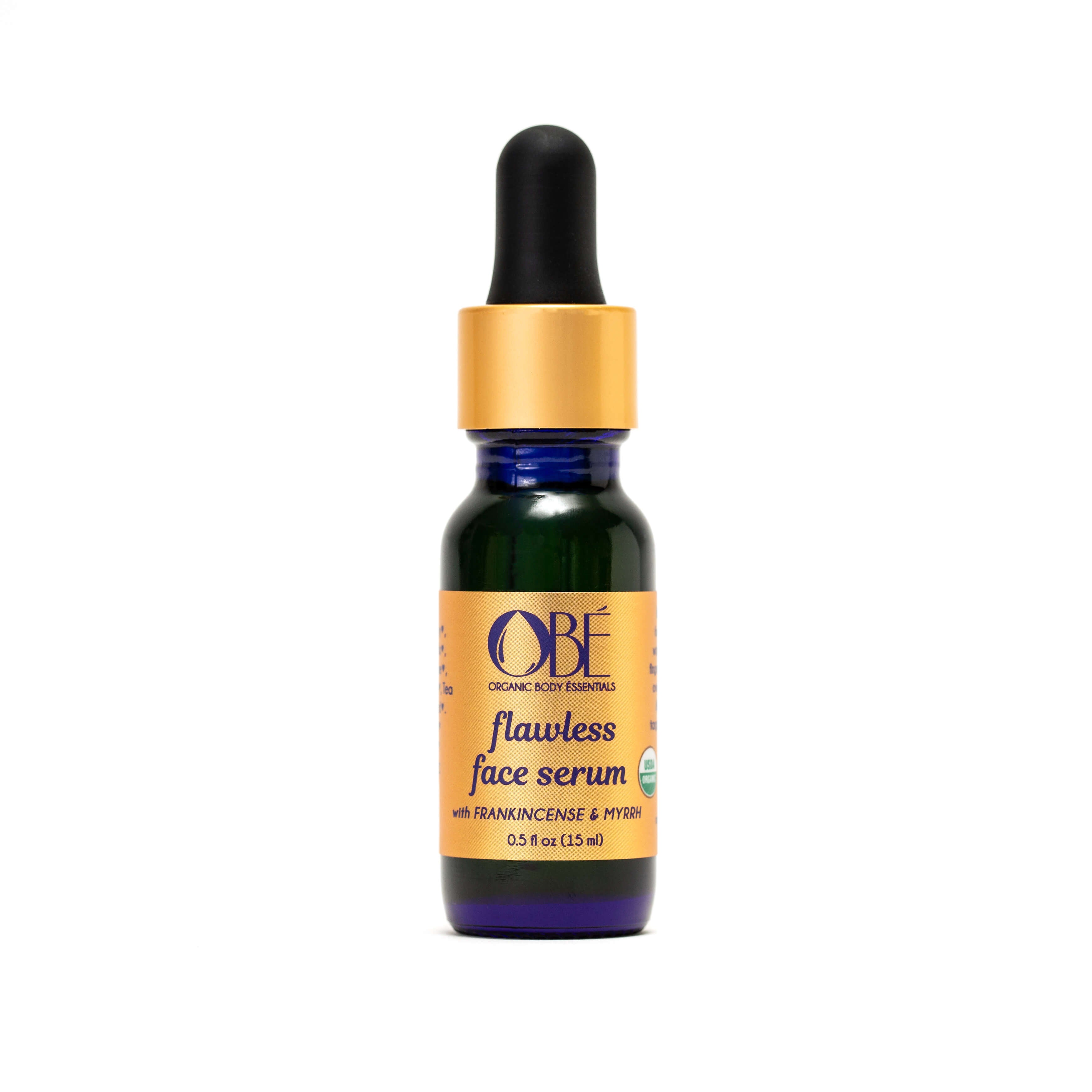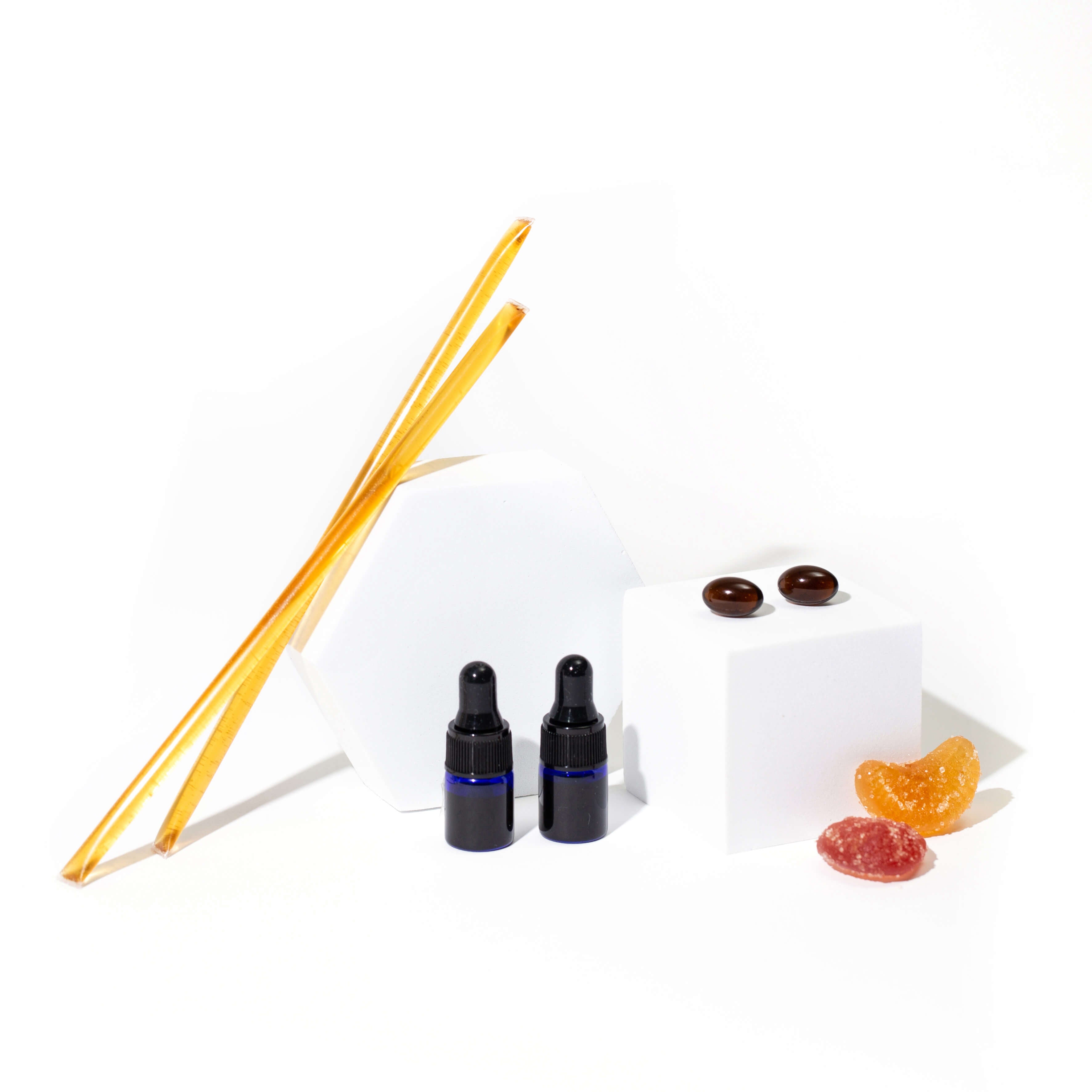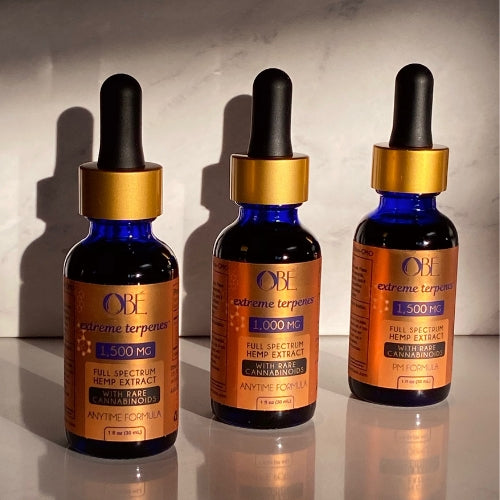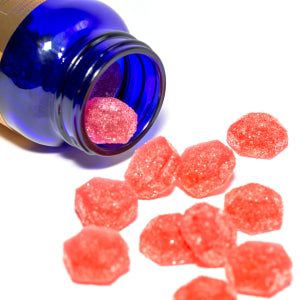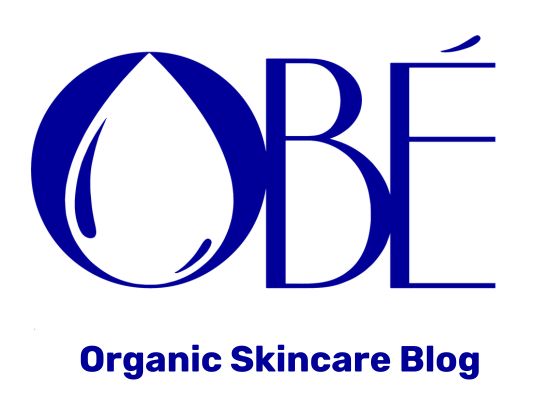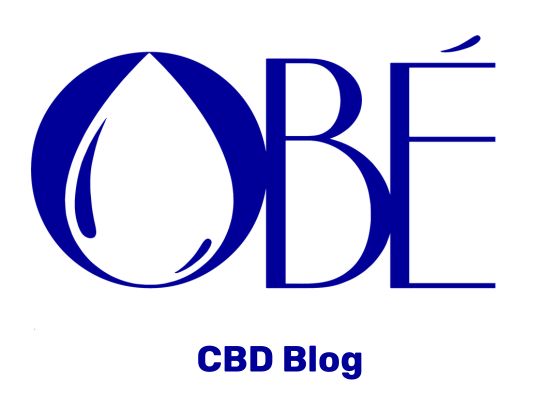Please refer to the below information, links & articles for a deeper understanding of what our products are all about, and what makes our products the best on the market.
CBD products haven’t undergone FDA testing to assess their safety and effectiveness in treating specific health problems. Therefore, we aren’t allowed to make any guarantees or health-related claims about our products or CBD in general.
What is CBD?
Cannabidiol (CBD) is a type of cannabinoid, a chemical found naturally in cannabis (marijuana and hemp) plants. Unlike tetrahydrocannabinol (THC), another type of cannabinoid, CBD does NOT cause any feelings of intoxication or the “high” you might associate with cannabis. Cannabis plants contain hundreds of naturally occurring compounds including cannabinoids, terpenes, and flavonoids. Their chemical composition varies according to the plant strain and variety.
What are cannabinoids?
Cannabinoids are naturally occurring chemical compounds found in the cannabis plant. (These are also known as phytocannabinoids, as they are produced by plants.) Research suggests that other plants such as broccoli, echinacea, and cocoa either contain the same internal cannabinoids that our body has or have the ability to influence our endocannabinoid system by promoting increased endocannabinoids in our body.
Phytocannabinoids interact with the body’s natural Endocannabinoid System (ECS), a complex cell-signaling system that regulates a variety of functions within the body. The ECS is active even if you don’t use cannabis, as the human body produces its own internal cannabinoids, called endocannabinoids. These compounds are essential to the central nervous system, impacting everything from sleep to fertility.
Cannabinoids produced by the cannabis plant mimic the body’s endocannabinoids and bind to the ECS receptors. There are two main receptors:
- CB-1 Receptors – Found in brain cells and the central nervous system.
- CB-2 Receptors – Found in the central nervous system outside of the brain and spine, as well as the immune system.
Phytocannabinoids bind to these receptors to alter various signals within the body’s internal systems, similar to how endocannabinoids do, to produce various effects. Some of these cannabinoids may aid with inflammatory processes, mood enhancement, pain, and relaxation, just to name a few.
What are terpenes?
https://www.healthline.com/health/cannabis-terpenes
Terpenes are naturally occurring chemical compounds found in plants and some animals. They’re responsible for the aromas, flavors, and even colors associated with various types of vegetation.
Nearly all plants contain terpenes, but we most commonly encounter them in cannabis, aromatic herbs (like sage and thyme), & citrus fruits.
Is CBD legal?
The 2018 Farm Bill removed hemp from the legal definition of marijuana in the Controlled Substances Act. This means that all of our products (which are made with hemp-derived CBD containing less than 0.3 percent THC) are federally legal.
Why do (most of) our products contain a trace amount of THC?
It is believed that the “full-spectrum” of cannabis, including all the cannabinoids, terpenes, and other compounds found in cannabis, work synergistically in what experts call the “entourage effect”.
Entourage Effect – How CBD & THC Work Together
https://www.ncbi.nlm.nih.gov/pmc/articles/PMC7324885/
Health Conditions & CBD
The British Journal of Pharmacology published a review in 2011 which found that taking a combination of terpenes and cannabinoids may help with:
Schizophrenia –
A 2016 study found that CBD can have antipsychotic effects in people with schizophrenia and doesn’t cause the significant debilitating side effects associated with some antipsychotic drugs.
PTSD – https://www.frontiersin.org/articles/10.3389/fnins.2018.00502/full
Multiple recent studies have shown that CBD can help with PTSD symptoms, such as having nightmares and replaying negative memories. These studies have looked at CBD as both a standalone PTSD treatment as well as a supplement to traditional treatments like medication and cognitive-behavioral therapy (CBT).
CBD Side Effects
While CBD is generally considered safe, some people who take CBD may experience some side effects including dry mouth, diarrhea, fatigue, changes in appetite, and/or changes in weight.
CBD may also interact with other medications or dietary supplements you’re taking. Exercise particular caution if you take medications, such as blood thinners, that come with a “grapefruit warning.” CBD and grapefruit both interact with enzymes that are important to drug metabolism.
